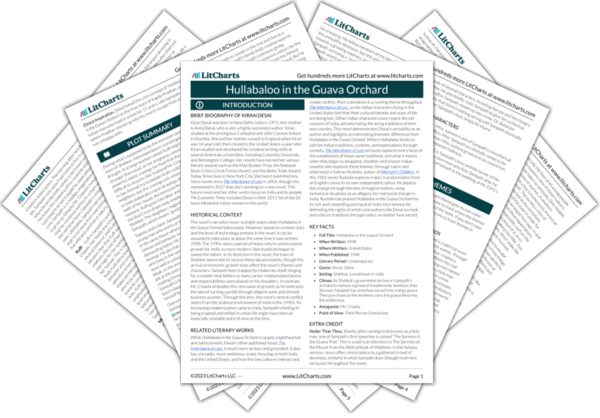A sudden, inexplicable bite to the ear is as far from traditional courting rituals as it’s possible to be. In this way, Pinky behaves much like her brother as she defies social norms and the expectations surrounding a young woman in love. However, she flouts these traditions in the most absurd possible way, seriously jeopardizing the relationship she seemed to want so badly. Nonetheless, this startling incident doesn’t mark the end of Pinky’s interactions with the Hungry Hop boy. On the contrary, it seems to make a strong impression on the boy, who wasn’t even thinking about Pinky before.
